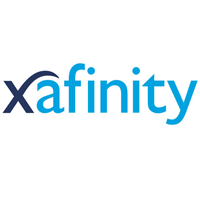From 6 April 2018 new Deferred Debt Arrangement (DDA) regulations could allow non-associated employers in a multi-employer scheme to defer paying a section 75 debt that would otherwise arise when an employer ceases to employ any active members in the scheme.
In this briefing note we consider what extra options this could provide to employers in the Social Housing Pension Scheme (SHPS).
Legislation pre 6 April 2018 and ‘section 75’ debt
As employers in a multi-employer scheme, SHPS employers need to manage the risk that, when they cease to employ any active members, current legislation dictates that a ‘section 75’ debt valuation must be carried out. The SHPS trustee would then be obliged to collect that debt, normally as an immediate one-off payment from the exiting employer.
The ‘section 75’ debt payment (named after the section of the Pensions Act 1995 that it falls under) would currently be substantial for many SHPS employers, as it is calculated as equivalent to the money required to guarantee all benefits associated with that employer with an insurance company. At the 2014 SHPS valuation, the scheme was only 35% funded on this basis, as the section 75 debt measure of the benefits (2014 estimated section 75 debt liabilities: £8.9bn) is significantly greater than the expected long-term costs of meeting the benefits through SHPS (2014
scheme funding valuation liabilities: £4.4bn).
The requirement to find what could be a very significant sum of money often restricts the viable options for employers in setting a pension strategy for the future. A very common response has therefore been to keep employees in the defined contribution (DC) section of SHPS, as this counts as an ‘active member’ for the purposes of section 75 given the way that SHPS is structured. In other multiemployer schemes, there may not be a DC section that works in this way, meaning that the employer could be forced to continue to build up additional defined benefit risks to avoid triggering the debt.

